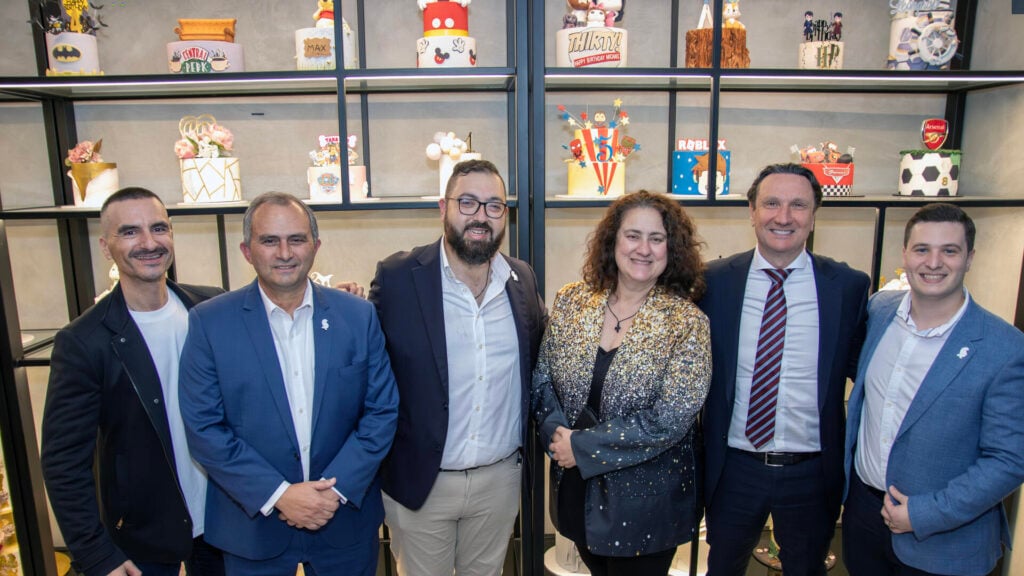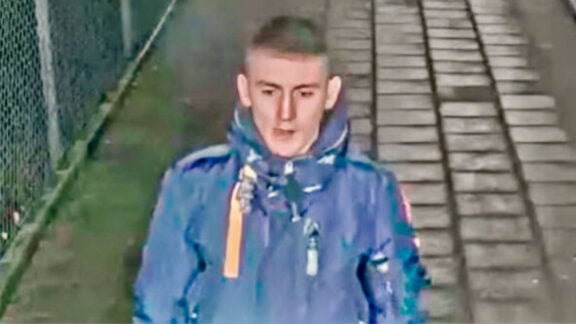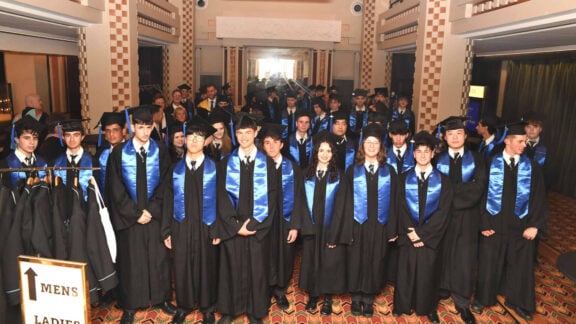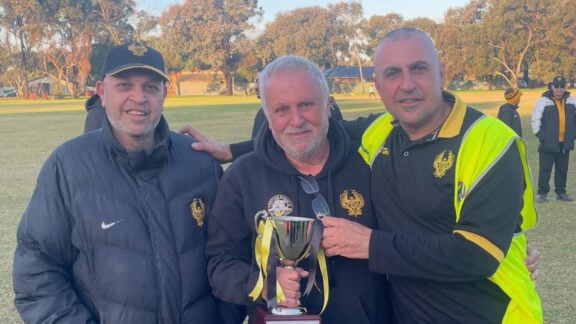The Greek Australian Society (GAS), or ‘Ελληνοαυστραλιανός Σύνδεσμος, according to George Mpliokas its president and one of the co-founders, was created as an opportunity to connect different generations of Greek Australians and help guide the community into the future. They wanted to challenge “preconceptions” about the community—its composition today and its trajectory going forward.
An anchor for the future
For George Mpliokas, these “preconceptions” centre on the notion that young Greek Australians are disengaged, leading to “a predestined end, or finality towards Greek community participation.”
“We were uni-students in Sydney and Melbourne primarily to begin with and it was difficult for us to connect with the broader community particularly after we graduated.
“Some of us have a proficiency in Greek, some of us speak at least some Greek however, many of our members do not, but that doesn’t mean that they’re not passionate about our culture and language,” Mpliokas tells Neos Kosmos.
Many members of GAS, ‘Ελληνοαυστραλιανός Σύνδεσμος, come from culturally mixed families—Greek Australians partnered with non-Greek Australians. However, as Mpliokas notes, this does not mean that children of mixed families lack the spark of Hellenism.
That was then, this is now
Reflecting on the pre-digital era of the 1980s, 1990s and even the early 2000s, Mpliokas reflects on the inter-generational shift.
“Students then were engaging more with senior Greek community organisations immediately after university.
“But for us, growing up a Greek Australian in the 2010s, or 2020s we found a growing chasm between these senior Greek Australian organisations and young people, and we wanted to be able to fill that gap to help ease a transition between the generations,” he says.
Mpliokas, believes the organisation provides a space for third- and fourth-generation Greek Australians. “The GAS model was to turn the existing community infrastructure model on its head,” he explains.
GAS has moved away from the traditional geographic focus of associations in Greece tied to ancestral villages.
“Many of us who are third and fourth generation have a broader affinity with Greece and Hellenism as an ideal, not with a particular place, we may not have had firsthand experience with.”
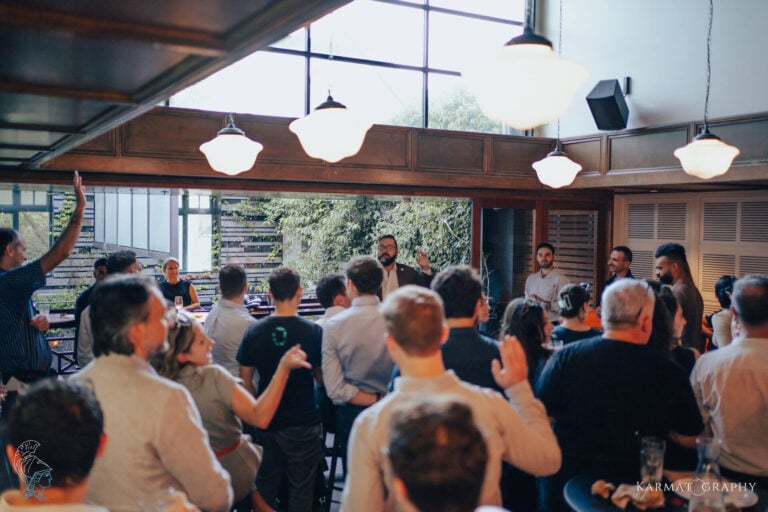
It’s not one size fits all
Being from Sydney, Mpliokas also recognises the differences between diasporas in different states.
“We wanted also to honour those differences and break up the idea we grew up in that Greek Australia that was a monolith, where all one size fits all.”
He recalls a lecture by Professor Nikos Papastergiadis on “lateral engagements versus the horizontal” and reflected.
“We may have more in common as Greek Australians of Sydney, or Melbourne, with Greek diaspora in Buenos Aires and the Greek communities of Johannesburg than even perhaps some local Greek Australian communities.”
The GAS president also highlights the importance of recognising the different waves of migration and the length of time communities have been in Australia, which “created different textures we should acknowledge.”
Moreover, he believes these differences and commonalities are vital when considering the “underutilisation of the diaspora more broadly in the efforts of Greece to be prosperous as a modern contributor to global society.”
“I think we have a common value regardless of the language barriers that limits our ability to collaborate or engage.
“At GAS in an Australian context we insist on an inclusive environment, where people can connect with one another. If we don’t know each other then we can’t work together, and if we can’t work together then we won’t be able to assist our communities here or in Greece,” he states.
Mentoring the future
Among its initiatives, GAS has developed a mentoring program, which Mpliokas says gave the society “purpose.”
“We have been able to over five years grow exponentially. We had five mentors and six mentees in our first year, and this year we have 27 mentors and 39 mentees in this current intake.”
The six-month GAS mentorship program pairs mentors established in their professions—who also have lived experience of Greek community engagement—with younger Greek Australians. The program emphasises that professional experience must be enriched by a Greek Australian upbringing and its values.
He is not interested in replicating industry training, noting that professional bodies already provide that. Instead, he wants to offer professional and cultural mentoring for emerging Greek Australian leaders and activists.
“Industry bodies are better resourced to provide professional mentoring; what we offer is a space for mentors with experience in Greek engagement to assist meaningfully to younger generations of Greek Australians to plug-in and engage.
“We’re proud to have not only done it in our first year but been able to grow it every year since,” he says.
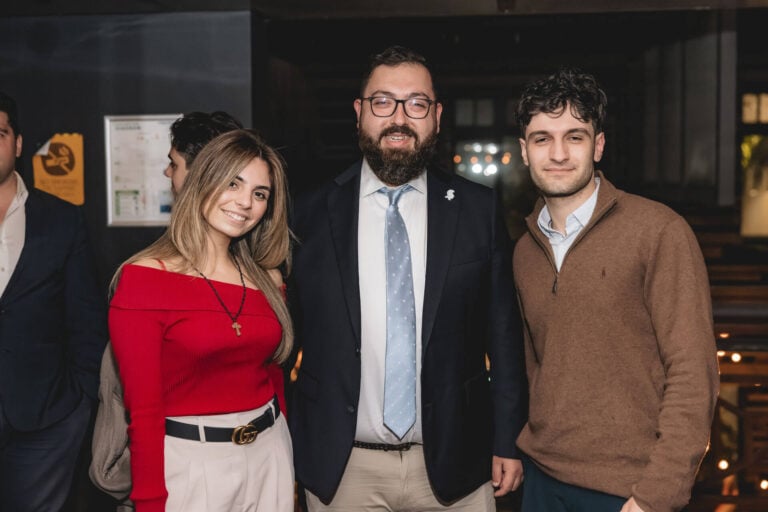
A wide canvas for engagement
Looking ahead, GAS is exploring forums, discussions, travel and more. Over the past five years, the organisation has been active primarily along the east coast—in Sydney, Melbourne, and Brisbane—through events and mentoring. They also partner with the Pharos Alliance Greek language advocacy group, expanding from Victoria into New South Wales.
“We are looking to find any opportunity to collaborate and support the existing community ecosystems in Northern Territory, in South Australia and Western Australia.”
“Now though we have to focus on a young leaders’ program because our community needs people of all ages and genders, with professional lived experiences to take positions of responsibility in our community.”
For Mpliokas, GAS is not about preserving the past, rather it is about engineering a future, by engaging new generations of Greek Australians that may shape the community’s future with purpose.
The date is fast approaching for the GAS 5th Anniversary Gala Ball in Sydney on Friday 1 October.
